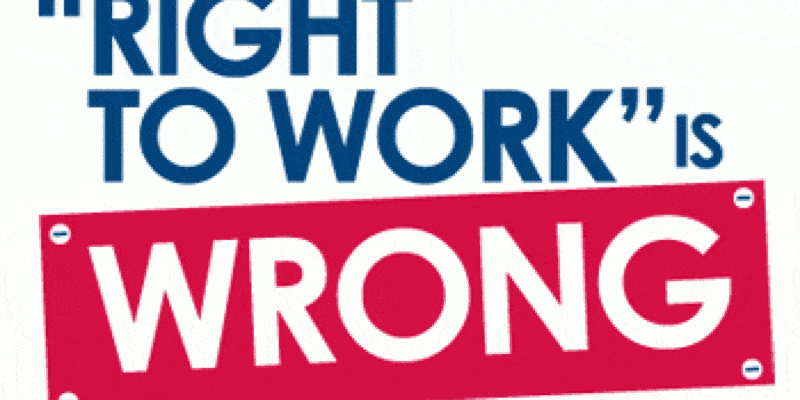DECEMBER 15, 2017
By Frank Manzo IV – Guest columnist
One of the many factors that has made Bruce Rauner one of the nation’s least popular Governors has been his proposals to cut pay for middle-class wage earners. So it came as little surprise to see the Illinois Policy Institute (IPI) – a group with close ties to Rauner – recently attacking the Illinois Prevailing Wage Act.
Prevailing wage functions as a local minimum wage on publicly-funded construction jobs like roads, bridges, schools and police stations. It promotes a level playing field for local contractors, ensures these projects are done right and produces good middle-class jobs for skilled local workers.
Like Rauner, the IPI has recently argued for repealing prevailing wage in Illinois. In so doing, the IPI is passing off flawed analysis with little basis in reality as sound policy.
But don’t take my word for it.
Indiana repealed its prevailing wage law in 2015, and “it hasn’t saved a penny,” according to the state’s Assistant Republican Floor Leader in the House, Ed Soliday. And before repealing its law outright, Indiana took other steps to hollow out its construction labor standards. The effect was not only a decline in wages, but hundreds of middle-class jobs fleeing the state. While IPI claims that repeal would save money and boost employment, the fact is that neither happened in the real-life example of Indiana.
But the experience of Indiana and the observations of Rep. Soliday are hardly outliers. Most peer-reviewed economists have arrived at the same conclusions. I have authored or co-authored 25 studies on these laws myself.
Here’s what we’ve found:
First, labor represents a small and historically declining share of construction budgets and prevailing wage has no effect on total project costs.
Reams of data have shown that eliminating local market-based prevailing wage standards only results in high-skilled local workers getting replaced by lower-skilled workers, often from out-of-town. This ultimately yields not just lower wages- but lower levels of productivity, higher spending on fuel and materials, higher risk of safety problems and shoddy workmanship, and more construction workers reliant on taxpayer-funded government assistance programs.








